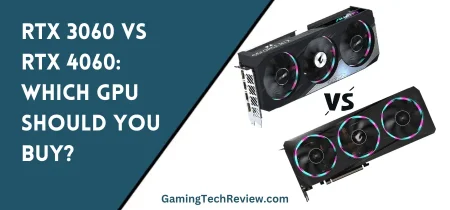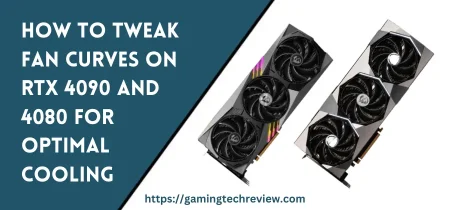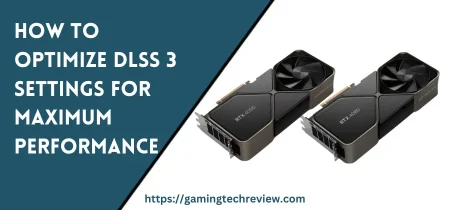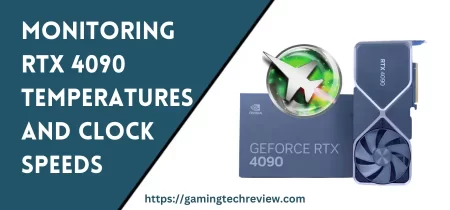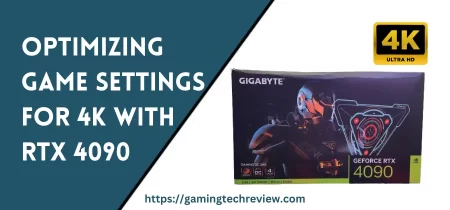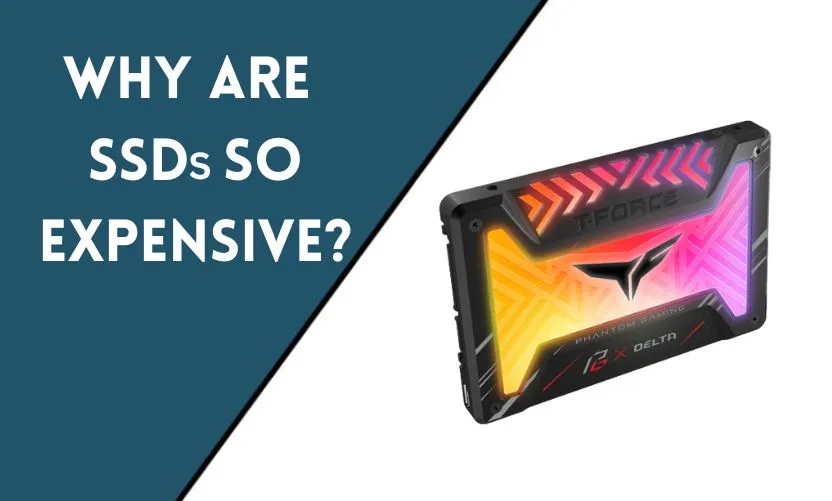
In today’s digital era, solid-state drives (SSDs) have garnered immense popularity, primarily attributed to their unparalleled performance and dependability in contrast to conventional hard disk drives (HDDs). Why are SSDs so expensive, though? This question frequently arises as users navigate the landscape of technology. In this article, we will explore the factors that contribute to the relatively high cost of SSDs and shed light on the merits that substantiate their premium price point.
Introduction
SSDs have revolutionized the storage industry with their lightning-fast performance and remarkable reliability. Unlike HDDs that utilize spinning magnetic platters, SSDs store data on flash memory chips, which allows for much faster access times and enhanced durability. As a result, SSDs have become the preferred choice for many consumers and businesses alike.
Factors Influencing SSD Prices
Several key factors contribute to the higher prices of SSDs compared to HDDs. Understanding these factors can provide valuable insights into the economics behind the cost of SSDs.
Cost of Flash Memory
The primary component that influences the price of SSDs is the cost of flash memory. Flash memory is a non-volatile storage medium that retains data even when power is disconnected. The cost of flash memory chips, which form the basis of SSD storage, has historically been higher than the magnetic disks used in HDDs. However, with technological advancements and increased production, the prices of flash memory have gradually decreased.
Technological Advancements
Another aspect to consider is the continuous technological advancements in SSDs. Manufacturers strive to improve performance, increase storage capacities, and enhance durability. Developing and implementing new technologies and features requires substantial investments in research and development, which ultimately contribute to the higher prices of SSDs.
Supply and Demand
The principle of supply and demand also plays a significant role in determining SSD prices. As SSDs become more popular, the demand for these drives increases. However, the production capacity may not always keep pace with the rising demand, resulting in a supply shortage. Limited supply combined with high demand leads to higher prices.
Manufacturing Processes and Costs
The intricate manufacturing processes involved in creating SSDs contribute to their expense. Here are a couple of factors related to manufacturing that impact the cost of SSDs:
Complex Fabrication Techniques
The production of SSDs involves complex fabrication techniques. These techniques include lithography, etching, and layering processes, which are intricate and require specialized equipment. The complexity of these manufacturing processes adds to the cost of SSDs.
High Production Costs
Furthermore, the production costs of SSDs are generally higher compared to HDDs due to the use of advanced technologies and high-quality components. SSD manufacturers must invest in state-of-the-art facilities, employ skilled labor, and maintain rigorous quality control measures. These factors contribute to the overall production costs, which are then reflected in the retail prices of SSDs.
Performance and Benefits of SSDs
Although SSDs may be more expensive, they offer several significant advantages over traditional HDDs, justifying their premium pricing.
Faster Read and Write Speeds
One of the most prominent benefits of SSDs is their faster read and write speeds. Accessing and retrieving data from an SSD is nearly instantaneous, significantly reducing loading times and improving overall system performance. Tasks such as booting up the operating system, launching applications, and transferring large files become much quicker with an SSD.
Improved Reliability and Durability
SSDs are also known for their improved reliability and durability. Since they don’t have any moving mechanical parts like HDDs, they are less susceptible to physical damage caused by shocks or vibrations. This attribute makes SSDs an ideal choice for laptops and portable devices.
Energy Efficiency
In addition to performance benefits, SSDs are also energy efficient. Due to their lack of moving parts, they consume less power compared to HDDs. This energy efficiency not only reduces electricity costs but also helps to extend the battery life of laptops and other mobile devices.
SSDs vs. Traditional Hard Disk Drives (HDDs)
To better understand the price discrepancy between SSDs and HDDs, let’s compare their features and performance.
Comparison of Features and Performance
SSDs outperform HDDs in terms of speed, responsiveness, and random access. HDDs, on the other hand, generally provide higher storage capacities at lower price points. While SSDs are available in various capacities, the cost per gigabyte for SSDs is still higher than that of HDDs.
Advantages and Disadvantages
It’s important to consider the advantages and disadvantages of each type of storage when evaluating their prices. SSDs offer superior performance, durability, and energy efficiency, making them ideal for tasks that demand fast data access. HDDs, on the other hand, excel in providing large storage capacities at a more affordable cost.
Market Trends and Competition
The market for SSDs has experienced significant growth over the years, driven by increasing demand from consumers and businesses. This growing demand has attracted numerous manufacturers, leading to intense competition in the SSD market. While competition often results in price reductions, factors such as raw material costs, technological advancements, and supply constraints can influence the final prices.
Future Outlook for SSD Prices
Looking ahead, it is reasonable to expect further reductions in SSD prices. As technological advancements continue, the cost of flash memory chips and manufacturing processes will likely decrease. Furthermore, increased competition among manufacturers and a larger production capacity may lead to more affordable SSDs in the future. However, it’s essential to consider various market factors that can influence prices, including supply and demand dynamics, geopolitical events, and fluctuations in raw material costs.
Conclusion
In conclusion, SSDs are more expensive than traditional HDDs due to various factors such as the cost of flash memory, technological advancements, and manufacturing processes. However, the benefits of SSDs, including faster read and write speeds, improved reliability and durability, and energy efficiency, make them a worthwhile investment for those seeking optimal performance and data storage solutions. As the market for SSDs continues to evolve, we can expect further advancements and potential price reductions, making these high-performance drives more accessible to a broader audience.
Frequently Asked Questions
Are SSDs really faster than HDDs?
Yes, SSDs offer significantly faster read and write speeds compared to HDDs, resulting in improved overall system performance and reduced loading times.
Can I replace an HDD with an SSD in my laptop?
In most cases, it is possible to replace an HDD with an SSD in a laptop. However, it’s essential to ensure compatibility and consider factors such as storage capacity requirements and the need for data migration.
Are SSDs more reliable than HDDs?
Yes, SSDs are generally more reliable than HDDs. Their lack of moving parts reduces the risk of mechanical failures and makes them more resistant to physical damage.
Why do SSDs have limited storage capacities compared to HDDs?
The cost of flash memory chips used in SSDs is still higher compared to the magnetic disks used in HDDs. As a result, higher-capacity SSDs tend to be more expensive. However, advancements in flash memory technology are gradually increasing the storage capacities of SSDs.
Can I use SSDs in gaming consoles?
Yes, SSDs can be used in gaming consoles to improve loading times and overall gaming performance. However, it’s important to ensure compatibility with the specific console model. Consult the manufacturer’s guidelines or seek professional assistance when upgrading storage in gaming consoles.






